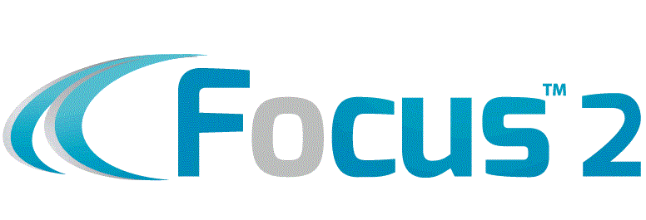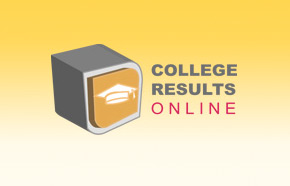Harsh lessons about student aid
You don't have to be an economics major to see lots of appeal in President Obama's plan to radically change the nation's college financial aid programs.
The President wants to replace loans made by banks, on a for-profit basis and subsidized by the government, with loans made directly by the government — on a non-profit basis. The Congressional Budget Office estimates that making loans that way, without government subsidies to the banks that in turn make money on the loans, would save $94 billion over the next decade. The Obama administration wants to use that money to expand another student aid program — Pell Grants, which are just that (rather than loans) for more needy students.
Mr. Obama wants to convert bank profits into scholarships, in other words.
And for that, he has a battle on his hands that's worthy of being a case study for political science majors.
The President's proposal for expanding financial aid and, yes, limiting the profits that lenders can make on students' college education adds to the cries that he's recklessly expanding government. Pell Grants — once known as Basic Educational Opportunity Grants, but later renamed after their champion, former Sen. Claiborne Pell of Rhode Island — are an undisputed government success story.
Some 54 million Americans have gotten through college with financial help that imposes no debt upon them. About the worst that can be said of Pell Grants is that they've had the unintended consequence of some high-priced colleges suspected of using their availability to raise their tuitions even higher.
Yet here come the opponents of more Pell Grants and even direct government loans.
"The administration has decided that it wants to capture the profits of federal student loans," says Kevin Bruns, executive director of the trade group America's Student Loan Providers.
We're tempted to offer to pay — through a low-cost loan or even an outright grant — for a semantics course for Mr. Bruns. "Capture the profits" sounds like piracy of sorts, and something altogether different from saving money and using those savings for the most benevolent of purposes.
Other students of what's developing into a potential showdown might remember that the private companies providing for-profit student loans would have collapsed without a government rescue last year. Two years ago, investigations by New York Attorney Andrew Cuomo's office found irregularities and outright corruption in that industry. Now, some members of Congress are wondering why private lenders are even necessary when the government can simply provide the money rather than guaranteeing what then become high-profit, low-risk loans.
That question could be pondered further at a seminar on the political peril of trying to do the right thing and educate more people. Mr. Obama could be a guest lecturer, explaining the huge price of the best of intentions.
The issue: The President wants to steer what have been the profits on college loans to outright grants.
The Stakes: Who would object? For-profit lenders, alas.
http://www.timesunion.com/AspStories/story.asp?storyID=789998&category=OPINION





